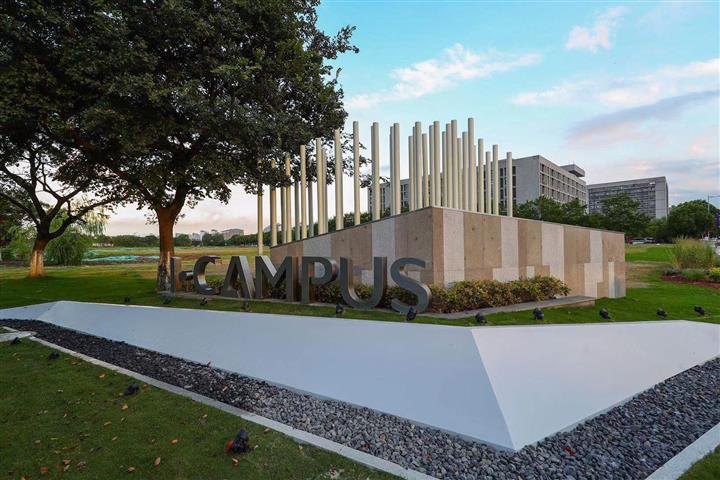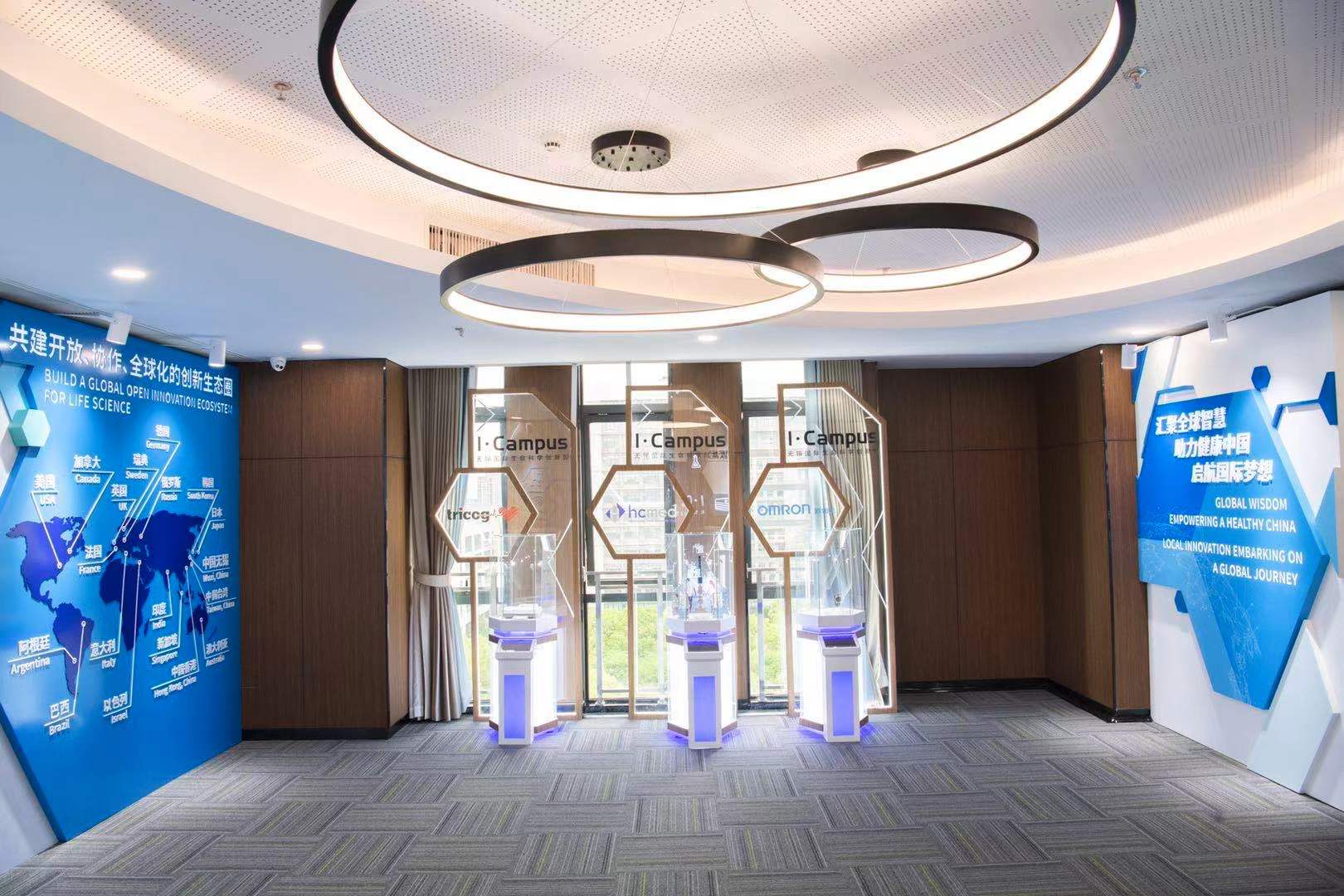 China Innovation Platform Wuxi iCampus Attracted Over 30 Global Firms in 2020
China Innovation Platform Wuxi iCampus Attracted Over 30 Global Firms in 2020(Yicai Global) Feb. 9 -- Wuxi International Life Science Innovation Campus, also known as Wuxi iCampus, is an incubator that AstraZeneca co-built with the municipal government of Wuxi based on its global experience and resources in the healthcare sector. The life-sciences park aims to enable innovative enterprises to grow faster, and expand in the Chinese market and pursue their global journey. Through this inclusive platform, more innovative medical solutions can be incubated and more patients will benefit.

More Ecosystem Than Medical Park
With support from local government in Jiangsu province, China's second-largest regional economy, Wuxi iCampus provides a one-stop enabling platform for companies to land, incubate, accelerate and scale up. Firms in Wuxi iCampus can keep up with the industry's development trends and take advantage of policy support for faster incubation of innovative medical solutions.
“To some extent, we can say that the platform has become an interconnected ecological system of mutual prosperity,” according to Tina Xu, AstraZeneca China vice president in charge of digital and commercial innovation. Its smooth operation has been attributed to AstraZeneca's global network, powerful commercial platform, cooperative investment fund as well as onsite government agencies to speed up the review and approval process.
Take as an example Singapore's Tricog Health Services, the world's biggest artificial intelligence platform company in the field of electrocardiograms. The firm has been in Wuxi iCampus for over a year now, and thanks to support from local government and the life-sciences park, Tricog has been able to move forward more quickly with local recruitment and product localization. At present, Tricog is promoting innovative products in pilot hospitals, and will gradually explore more markets in China.
The collaborative effort of government and AstraZeneca enables Wuxi iCampus to provide domestic and overseas market insights, product concept validation, cooperation opportunities for commercial innovations, licensing, co-promotion, and contracted sales through AstraZeneca's end-to-end commercial platform.
Last April, Teddy Lab registered to move onto the campus. Benefiting from incentive packages such as favorable policies, marketing activities, and financing opportunities, Teddy Lab secured medical laboratory qualification in just four months, and has been able to accelerate its business in the area of precise oncology diagnosis. Last November, Teddy Lab signed a strategic memorandum of understanding with AstraZeneca on homologous recombination defects and companion diagnostic kits. The two sides will carry out further collaboration in research, clinical testing services and market development, and jointly provide one-stop solutions to more patients.
Incoming, Outgoing Support
As a bridge for innovative forces interlinking China and global markets, the Covid-19 pandemic did not halt Wuxi iCampus’ efforts last year to support international firms to enter the Chinese market and Chinese firms to go abroad. The innovation platform ushered in the first batch of residents last April, and has attracted over 30 domestic and overseas firms in a year.
Meanwhile, the incubation platform signed agreements with local and international partners including the UK BioIndustry Association, India’s National Association for Software and Services Companies, Russia’s Skolkovo Institute for Science and Technology as well as Sweden’s BioVenture Hub, to deepen ties with top industry associations and innovative firms.
This has proven to be effective. Not only were Japanese leading medical device maker Omron and American DNA sequencing company Universal Sequencing Technology drawn here to cultivate the potential of the Chinese market, but also Hong Kong’s MDT service provider Ourora Tele-Oncology, Switzerland-based natural linguistic analysis company Semantic Hub, and Singapore’s AI healthcare firm Tricog.
Beyond Wuxi iCampus
Wuxi iCampus is the first stop of AstraZeneca's incubation initiative on the Chinese mainland, part of its idea for a global innovative science network.
The multinational's Wuxi innovation story dates back to 2017 when it started to explore ground-breaking new treatment options and seek out opportunities for integrating digital solutions into the patient journey. Then in early 2019, AstraZeneca announced the idea of Wuxi iCampus at the Boao Forum for Asia’s annual gathering.
“The pharmaceutical industry isn't an isolated island, and we need to see more innovation in the whole life-science cycle, that's why we'll further promote cooperation with innovation companies through iCampus, and many firms are actually willing to seize the great chance offered by us,” AstraZeneca China’s Xu said.
“With its unique strengths, Wuxi iCampus is expected to attract more than 50 domestic and overseas businesses in the next three years,” she said. “We are fully confident of that target.”
According to AstraZeneca, it plans to launch more life science innovation campuses in more Chinese cities in the future, including Beijing, Shanghai, Guangzhou, Chengdu and Hangzhou, following the company’s regional headquarters. Two firms registered in Hangzhou International Life Science Innovation Campus on Nov. 5, the day it was launched last year.
Editor: Tom Litting